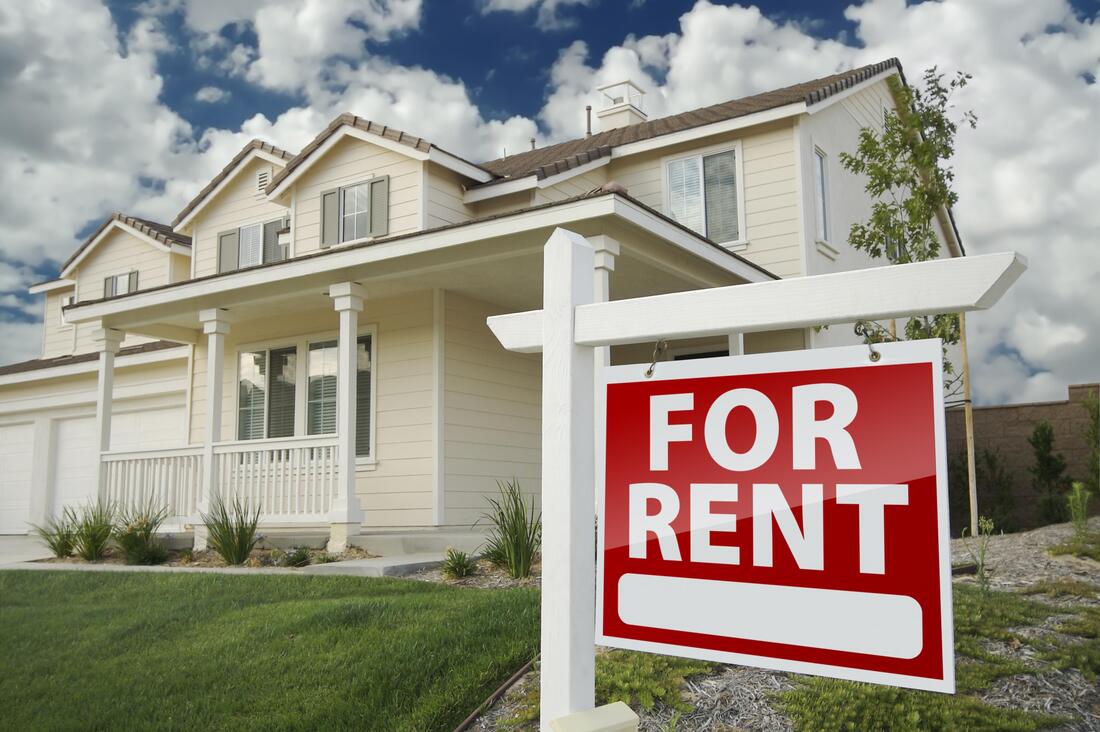|
Despite fierce opposition, including over 5,000 constituents personally expressing opposition to the bill, California Governor Newsom signed Assembly Bill 3182 into law on September 29, 2020.
It creates a new Civil Code Section 4741 which voids rental limits below 25% of the members. Per Civil Code 4741, a condominium or stock cooperative association may not unreasonably restrict the rental or leasing of the owner’s unit. A planned unit development (PUD) association may not unreasonably restrict the rental or leasing of any of the owner’s individual lot, including the residence, Accessory Dwelling Unit (detached ADU), or Junior Accessory Dwelling Unit (attached ADU). The intent of this bill is help combat the housing and homelessness crises in California, noting that many owners are currently prohibited from renting houses under HOA rules. Supporters believe that house rentals would help bridge the middle-class housing shortage, freeing up housing for lower-income Californians in need of housing. There are millions of homes across the state that have the potential to be rented to Californians in need of housing but that are prohibited from being leased under outdated homeowners association rules. AB 3182 prohibits rental bans in HOAs to allow homeowners who want to rent out their homes. Under the new law, any provision in a governing document “that prohibits, has the effect of prohibiting, or unreasonably restricts” the rental of any of the separate interests, accessory dwelling units (“ADU”), or junior accessory dwelling units (“JADU”) in a community association is rendered unenforceable. While there is uncertainty and disagreement over the impact of this language on minimum rental terms, the law specifically allows associations to prohibit short term and transient rentals, defined as rentals of 30 days or less, and also allows associations to place a rental cap of twenty-five percent (25%) of the separate interests (or greater) in the association. However, AB 3182 also states that if the owner lives in either the main residence or an ADU or JADU on the property, then the property does not count as a rental unit. As for the required duration of a lease, an association may only limit short-term rentals by imposing a minimum lease term of 30 days or less. This applies to all associations, but does not apply to the rental of ADUs and JADUs. This means that owner-occupied rental properties are essentially exempt from these rental restrictions under the new law. There are many different rental requirements HOA memberships often approve by a majority vote. For example, a one-year minimum lease term, or a waiting period of one year before a new owner can rent a home, or the requirement that the tenant promise to abide by the HOA rules. Are any of these requirements unreasonable? The issue of unreasonably restricting rentals is a vague standard, which could lead to litigation between homeowners and their HOA, since the definition of “reasonable” in this context is not obvious to all. AB 3182 also requires any associations with provisions in their governing documents that conflict with the new requirements to amend their governing documents no later than December 31, 2021. Associations must comply with the prohibition on rental restrictions specified in the new law starting on January 1, 2021, regardless of whether the association has revised their governing documents to comply with the new requirements. Any association that willfully violates the new law is subject to a civil penalty to the applicant or other party in an amount not to exceed one thousand dollars ($1,000). AB 3182 also amends the government code to require quick approval of applications to cities and counties for construction of ADUs and JADUs, deeming all such applications approved if not acted upon within 60 days (this applies to governmental agencies, not associations). The new bill also requires that properties which meet the minimum requirements be allowed to construct one ADU and one JADU on the same property. ADUs and JADUs are not allowed in condominium developments, so this distinction will only apply to planned developments with properties on individual lots. Some reasons for having HOA rental restrictions include home loan lending requirements that have minimum Owner Occupancy ratios. As an example, many lending institutions will not provide home loan financing if the HOA complex has less than 50 or 60 percent of the total units occupied by the owner. The new Civil Code has the maximum of 25% of the total units as tenant occupied and 75% owner occupied. Other reasons relate to the upkeep and maintenance of each condo or home in the HOA. Many believe that renters do not take care as well as a homeowner. However, maintenance and upkeep standards can be enforced by the HOA rules and regulations with the burden and cost of compliance placed on the owner instead of a tenant. Associations with rental restrictions or rental caps in their governing documents should discuss the impact of AB 3182 and how to address the new limitations on rental restrictions with legal counsel to avoid compliance issues and any civil penalties. If you are buying a property within a Homeowners Association, having a contingency in your purchase contract to review and approve of the HOA Rules and Regulations is important because if you plan to rent the property you must understand what is allowed before completing the sale transaction. Hiring an experienced Realtor to represent you will help you navigate through this complicated area. Call or text Pete Sabine with your questions. 925.297.5335 or send an email to [email protected]. Visit our web site OurFiveStarTeam.com Discover more real estate pro tips. Find our podcasts at FiveStarRealEstateTeam.podbean.com.
0 Comments
Leave a Reply. |
AuthorPete Sabine Archives
January 2024
Categories |
FIVE STAR REAL ESTATE TEAMRepresenting homeowners & buyers since 1985 with local real estate expertise and over 1000 successful real estate sale transactions, including Buyer Representation, Homeowner Representation, relocation transfers, Investor Representation and professional staging services.
|
COMPANY INFOSan Francisco
East Bay CONNECT WITH PETE
|
OFFICE LOCATION |
QUICK LINKS |
HOME |
ABOUT OUR TEAM |
BUYING |
SELLING |
COMMUNITIES |
TIPS & TOOLS |
CONTACT |
© PETESABINE.COM | PETE SABINE DRE#00889760 | 201 Lafayette Cir #100, Lafayette, CA 94549 | COMPASS DRE #01527235
Site by WPF Creatives
Site by WPF Creatives



 RSS Feed
RSS Feed





